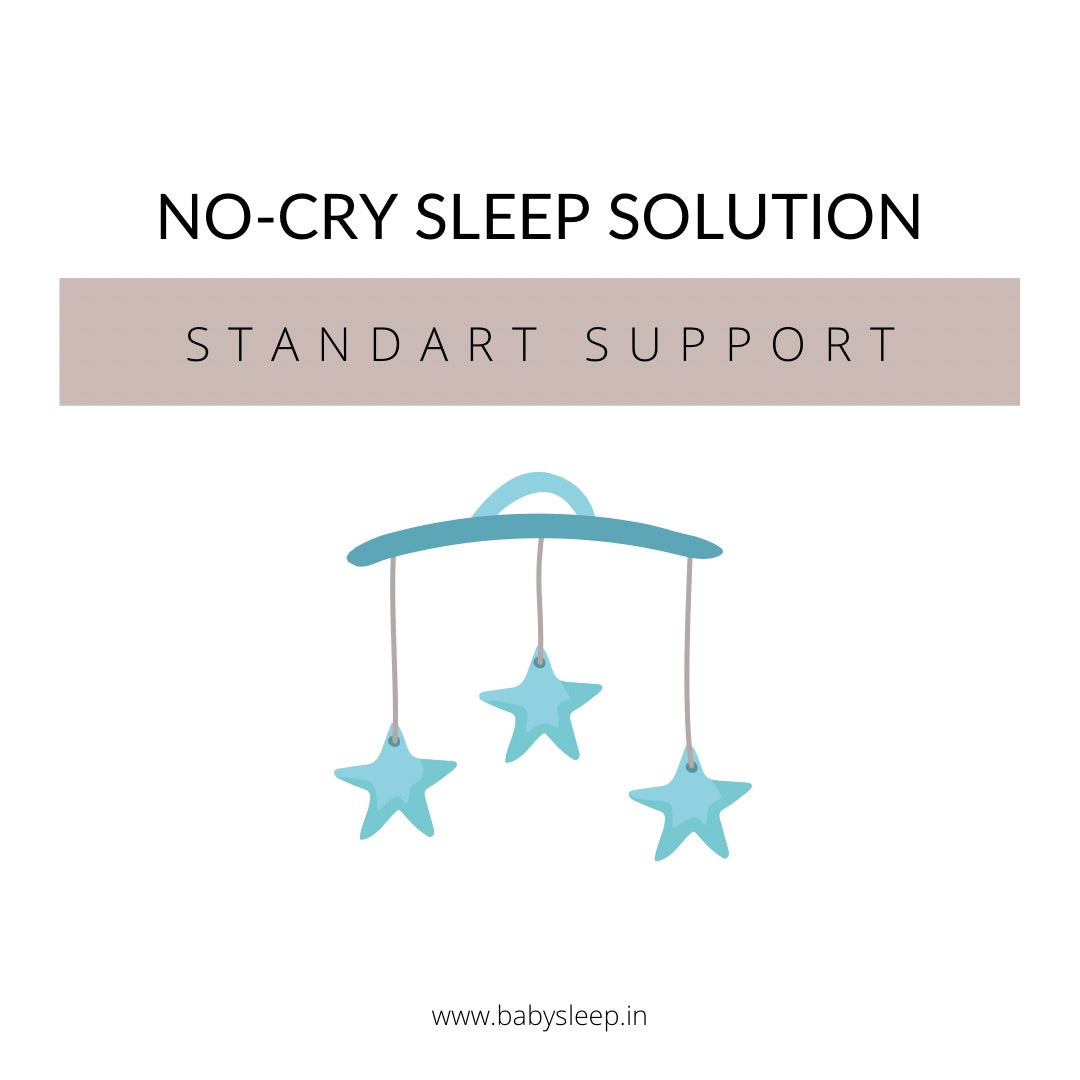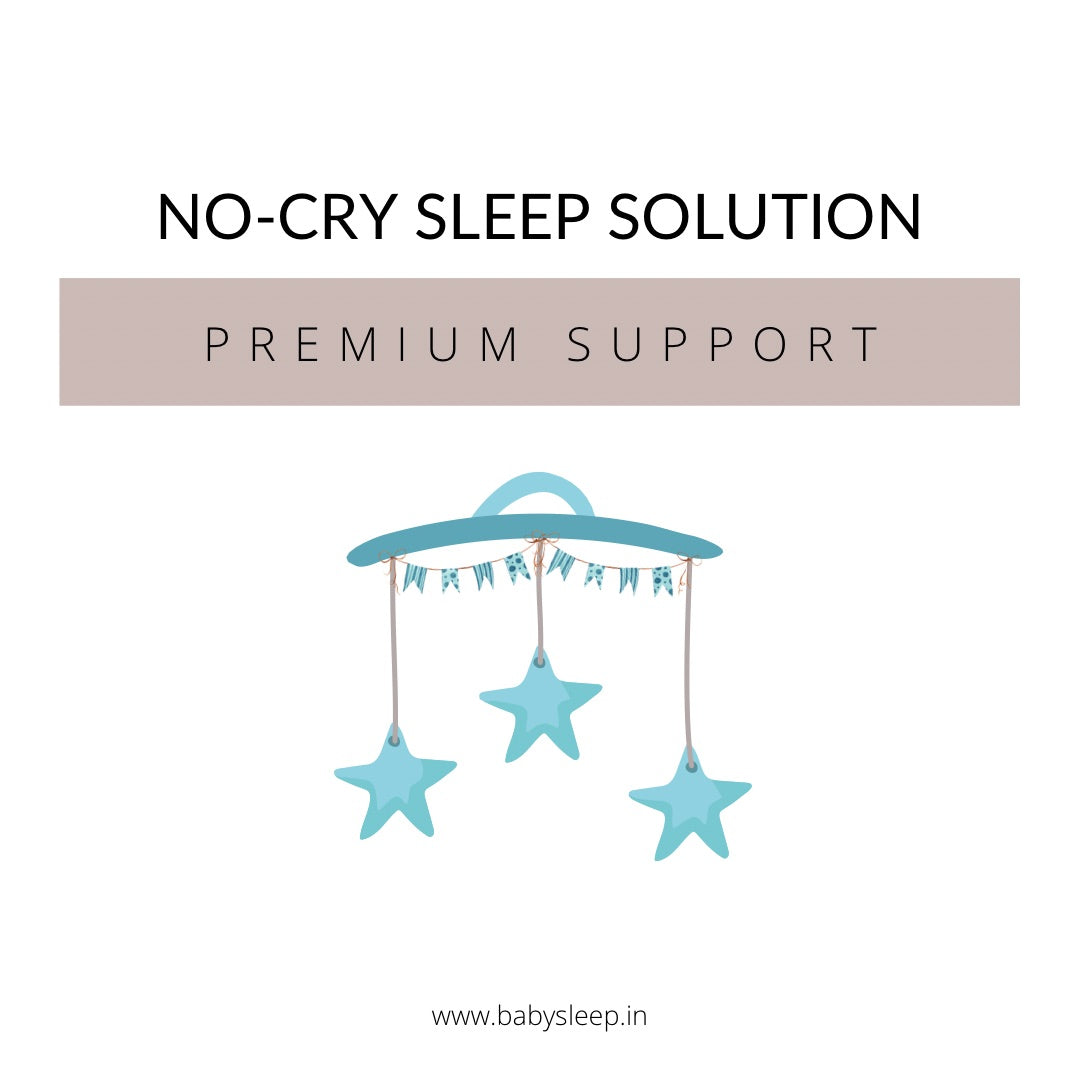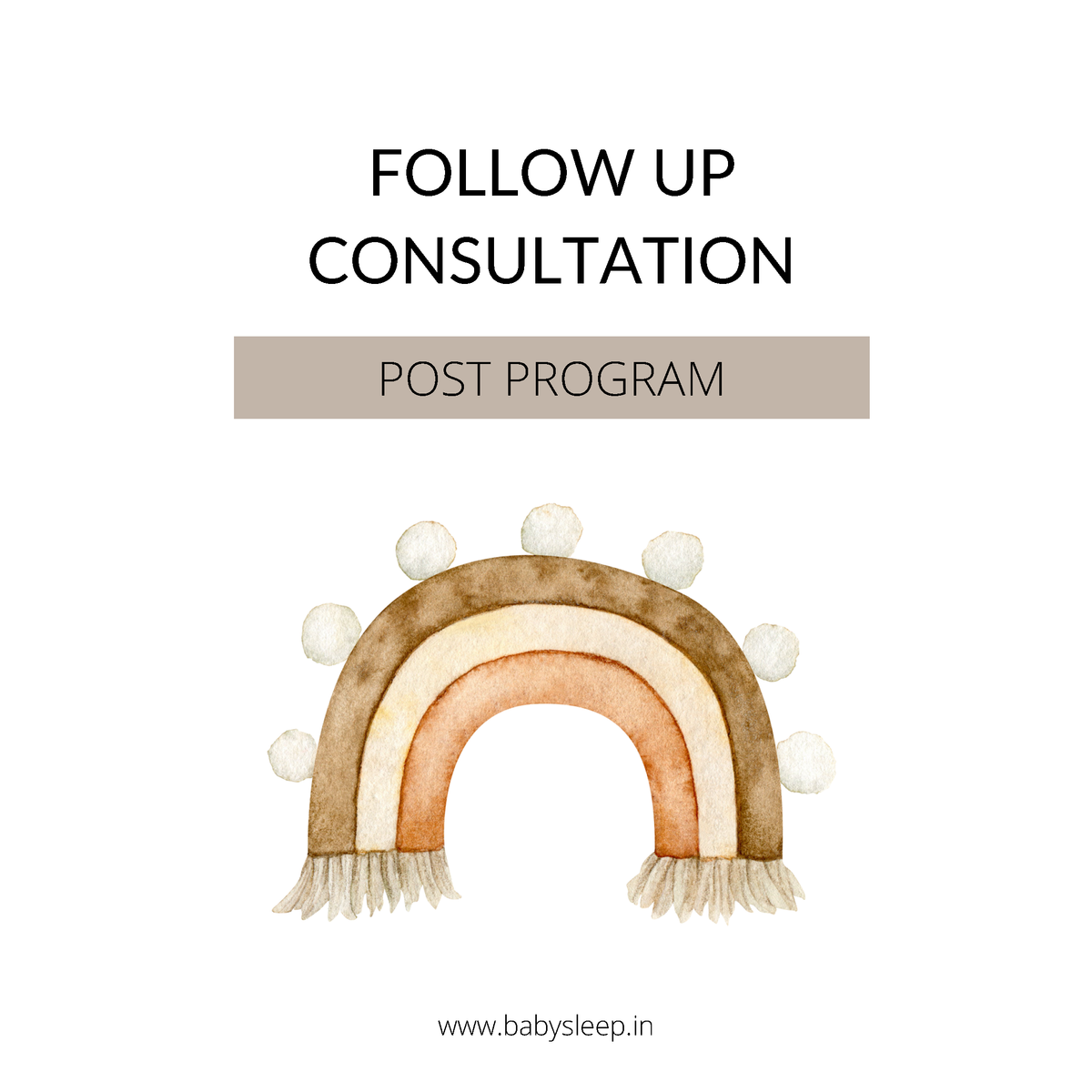Mom may be able to feel a temperature difference through touch alone, but note, that it’s not an accurate method of diagnosing fever. When you suspect that your baby has a fever, take your baby’s temperature with a thermometer.
Ideally, you need a digital thermometer to get a fast, accurate reading.
You can buy these online or from pharmacies.
How to take your child's temperature:
• Hold them comfortably on your knee and put the thermometer in their armpit – always use the thermometer in the armpit with children under 5 years.
• Gently, but firmly, hold their arm against their body to keep the thermometer in place for however long it says in the manufacturer's instructions – usually about 15 seconds. Some digital thermometers beep when they're ready.
• The display on the thermometer will then show your child's temperature, as numbers.
A normal temperature in babies and children is about 36.6C (97.8 °F), but this can vary slightly. A high temperature or fever is usually considered to be a temperature of 38C (100.4°F) or above.
In most cases, a fever is a sign that your baby’s body is fighting an infection or virus.
A fever can stimulate certain bodily defenses to protect against invading viruses and bacteria. While this is a positive step in fighting infection, a fever can also make your baby uncomfortable: baby feeling low/weak, loosing his sleep, crying - then it’s time to give a medicine to fight fever (antipyretic drugs).
Types of meditation antipyretic medicine for kids:
• Paracetamol based medicine: (“Panadol baby”, “Crocin baby”, “Dolo paediatric”, etc).
• Ibuprofen based medicine:
(“Ibugestic paediatric”, etc).
Both having a infant syrop version, what easing its intakes. Dose of it you need to count as per child weight.
Above medication, it’s very important to avoid dehydration: offer water/breastfeeding/formula feed. If baby is dehydrated,
What type is medication we SHOULD NOT use for kids:
• Analgin, aspirin, dimedrol, nimesulide, noshpa bases medication
• No vinegar/alcohol sponge compresses - risk of toxic effect as baby skin is thin
• Do not overheat a hot baby!
When to call a doctor?
• if your child has other signs of illness, such as a rash, as well as a high temperature
• if your baby's temperature is 38C or higher if they're under 3 months old
• if your baby's temperature is 39C or higher if they're 3 to 6 months old.


